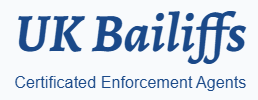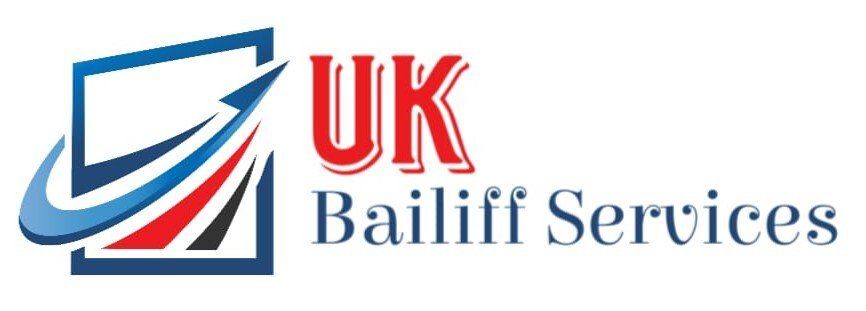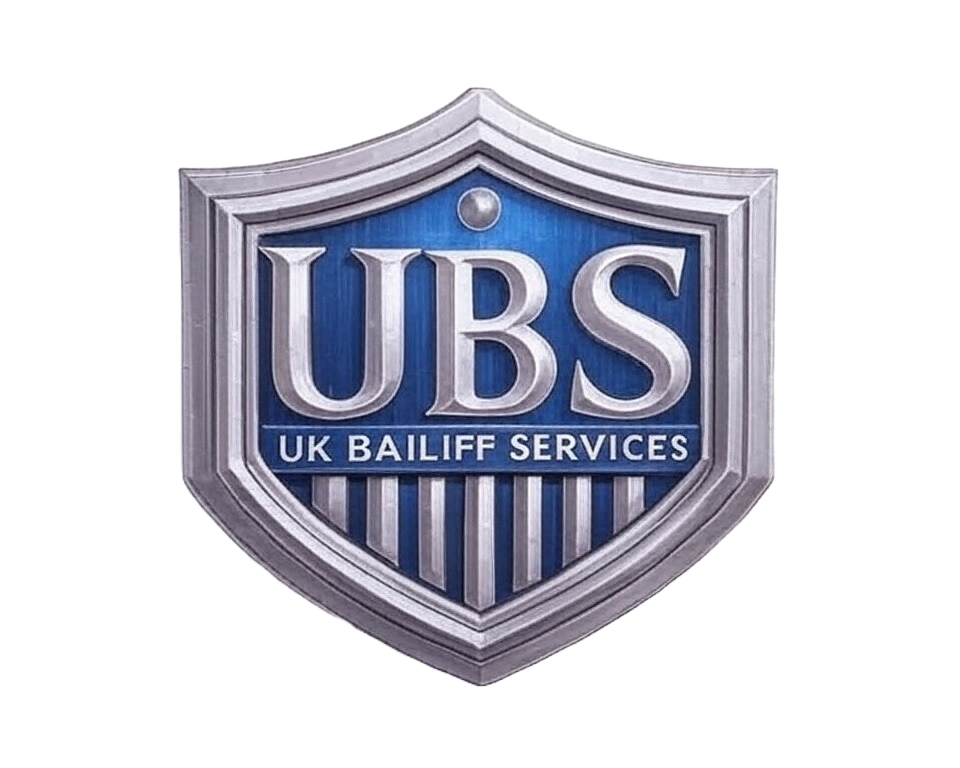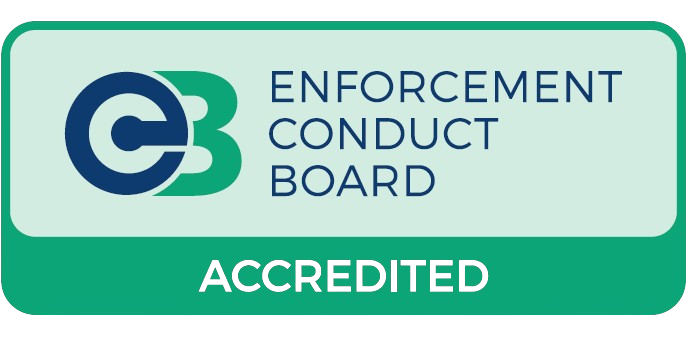Pre-Enforcement Intelligence
Asset Searches & Tracing for Individuals and Businesses
UK Bailiff Services Ltd provides discreet, lawful asset searches and tracing to help solicitors, landlords, local authorities and commercial clients assess whether enforcement, litigation or insolvency action is likely to be worthwhile.
We combine public records, credit and trace data (via approved partners) and open-source intelligence to build a clear picture of an individual or company’s assets, financial standing and enforcement viability.
Typical questions asset searches can answer
- Does the debtor own, or have an interest in, property or land in England & Wales?
- Is the debtor a director or shareholder of any active companies?
- Are there existing County Court Judgments (CCJs) or insolvency proceedings?
- Is there evidence of trading, vehicles, equipment or other tangible assets?
- Is enforcement by enforcement agents likely to be commercially viable?
What we can investigate
- Land Registry property ownership and charges
- Companies House directorships and shareholdings
- CCJs, insolvency and The Gazette notices
- Business trading addresses and trading style
- Credit & trace data via regulated partners
- Open-source intelligence (OSINT) and lifestyle indicators
All searches are carried out with a clear, documented lawful basis and proportionate scope.
Legal framework & compliance
Asset searches must be carried out responsibly and in accordance with UK data protection and privacy law. We only undertake searches where there is a clear and lawful purpose, usually in connection with:
- Debt recovery, enforcement or security of a judgment;
- Pre-litigation advice and risk assessment;
- Insolvency or restructuring advice;
- Fraud, dissipation of assets or breach of trust concerns.
We work within the UK GDPR and Data Protection Act 2018, relying on legitimate interests or legal obligation as the appropriate lawful basis for processing where the circumstances justify it.
We do not obtain bank statements, HMRC records or other confidential material by subterfuge. Instead, we rely on:
- Public records and official registers;
- Lawfully obtained credit and trace data from regulated partners;
- Open-source intelligence and investigative research.
Who instructs us?
- Solicitors and legal departments
- Commercial landlords and managing agents
- Housing associations and local authorities
- Insolvency practitioners
- Finance and credit control teams
Typical lawful purposes
When instructing us, your letter of instruction should briefly set out:
- The nature and amount of the debt or claim;
- Any existing judgments or orders;
- What you are considering (e.g. enforcement by enforcement agents, charging order, insolvency);
- Whether urgency or suspected dissipation is an issue.
How our asset search process works
1. Instruction & scope agreed
You provide basic details: debtor name, address, company number (if applicable), background to the debt and what type of enforcement or proceedings are being considered. We then confirm the appropriate level of search and pricing.
2. Identity validation
We verify the subject’s identity and key identifiers (date of birth, addresses, company links) to minimise the risk of mixed files or mis-identification, particularly where common names are involved.
3. Public record & partner data checks
We search Land Registry, Companies House, The Gazette, CCJ databases and other relevant records. Where appropriate, we obtain credit and trace information via regulated partners, always within a clearly defined lawful basis.
4. OSINT & contextual research
Open-source intelligence, professional profiles, trading information and other publicly available material are used to build a rounded picture of the subject’s financial activity and potential assets.
5. Report & enforcement viability
We prepare a concise report setting out our findings, with a focus on what is practically enforceable. Where appropriate, we will comment on the likely success of enforcement by enforcement agents or alternative remedies such as charging orders or insolvency.
6. Follow-up enforcement (optional)
If instructed, UK Bailiff Services Ltd can work alongside your solicitors to take matters forward, including transfer up to the High Court, enforcement action or further tracing where debtors appear to be concealing assets.
What an asset search report typically includes
- Subject details and confirmed identifiers
- Current and historic residential or trading addresses
- Property ownership and charges (where identified)
- Company directorships and shareholdings
- Corporate group or associated business links
- CCJs, insolvency entries and Gazette notices
- Indicators of trading, vehicles or other tangible assets
- Adverse data or risk markers (where available)
- Summary of enforcement viability and options
The exact content will depend on the level of search agreed and what information exists within public records and lawful data sources.
Asset search FAQs
What information do you need from us to start an asset search?
As a minimum, we require the subject’s full name and at least one confirmed address or company number. It is helpful if you can also provide:
- Any alternative names or previous addresses;
- Details of the debt or judgment and approximate value;
- Copies of any existing court orders or correspondence;
- Your intended course of action (e.g. enforcement, charging order, insolvency).
Are asset searches legal and GDPR compliant?
Yes. We only undertake searches where there is a clear, lawful purpose and an appropriate lawful basis for processing personal data (usually legitimate interests or legal obligation in the context of enforcement or litigation).
We use public records, lawfully obtained partner data and open-source intelligence. We do not obtain confidential material by subterfuge, and we keep audit trails of our research activity.
Can you guarantee that you will find assets?
No honest provider can guarantee that assets exist or will be identifiable. Our role is to give you the best available intelligence from public records, trace data and open-source research so that you can make an informed commercial decision.
In some cases, the outcome of an asset search will be to confirm that enforcement is unlikely to be viable, which can still save significant time and cost.
Do you offer different levels of search (basic vs enhanced)?
Yes. For straightforward cases, a desktop asset check using core public records may be sufficient. For higher-value or complex matters, we can arrange enhanced searches via specialist tracing and intelligence partners, or work alongside private investigators where appropriate.
We will discuss the proportionality of any enhanced search with you before proceeding.
Can you carry out international or cross-border asset searches?
Our core service focuses on England & Wales. However, for matters involving overseas assets or connections, we may be able to work with trusted partners or recommend suitable specialists. Please contact us with the details and we will advise on what is realistic and proportionate.



